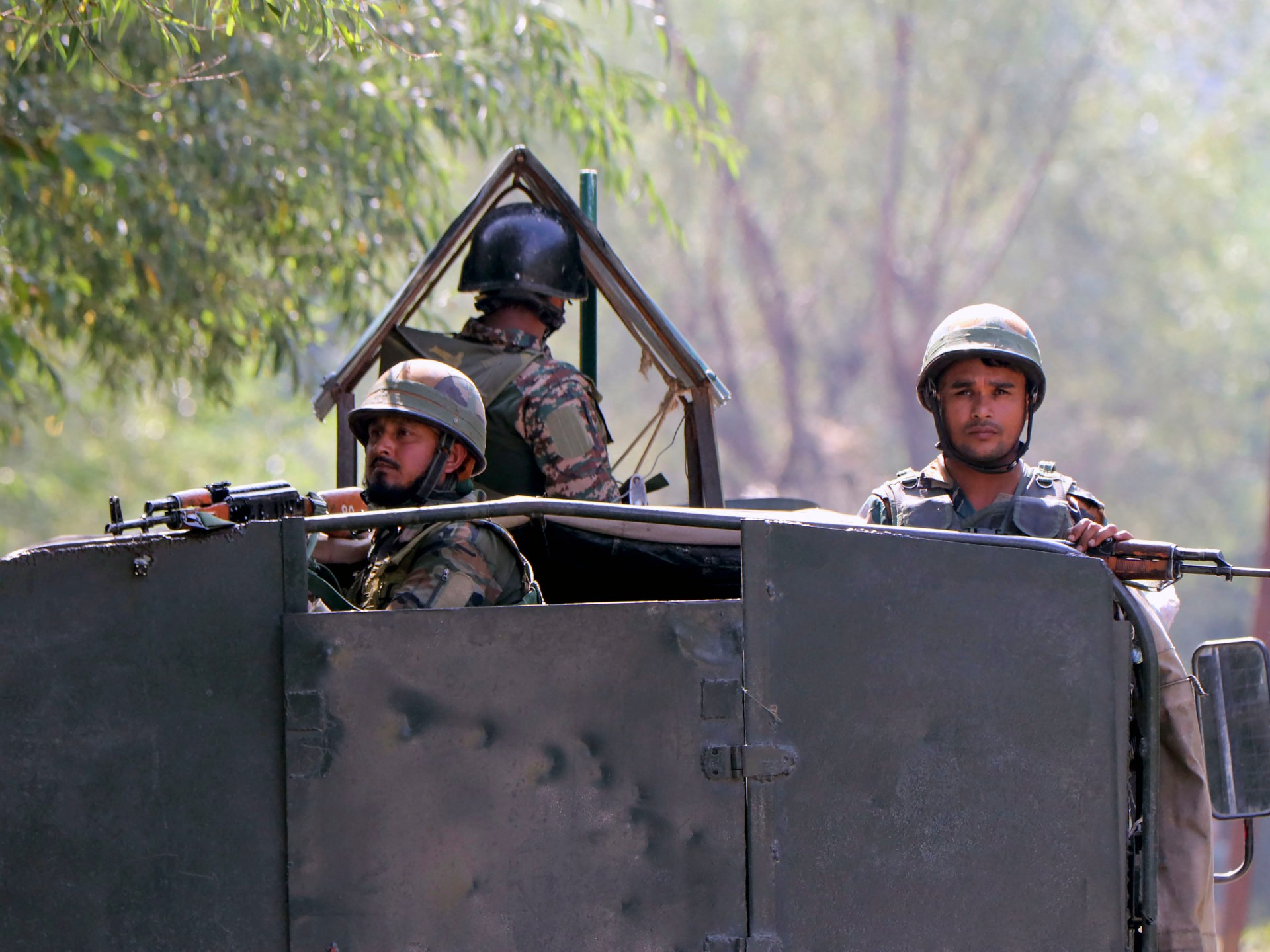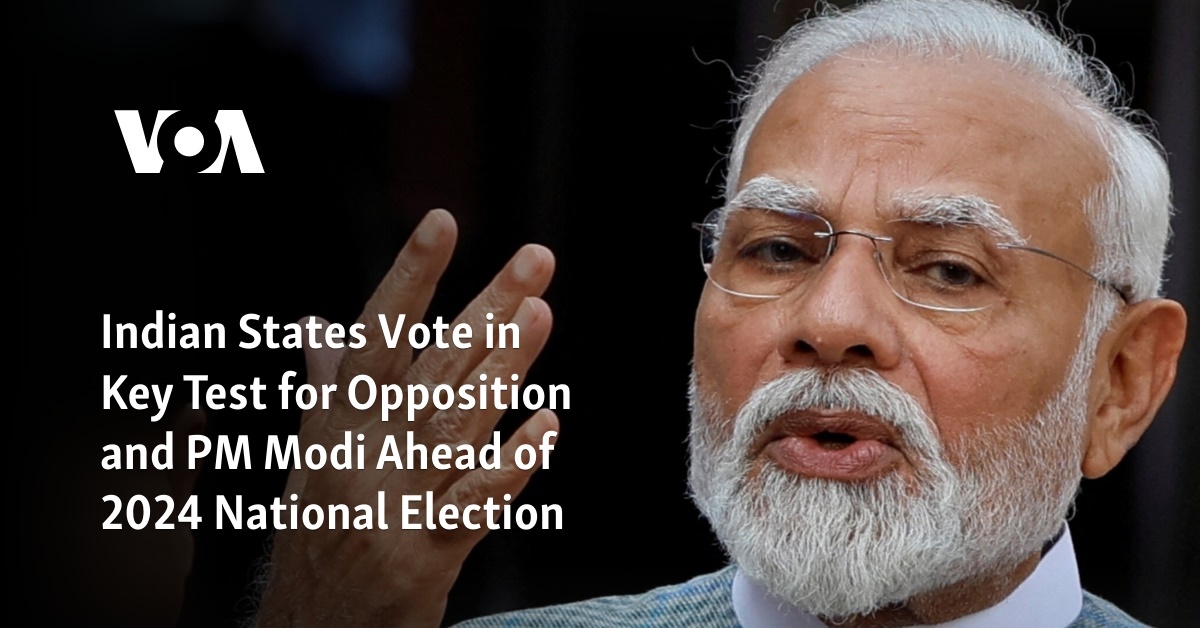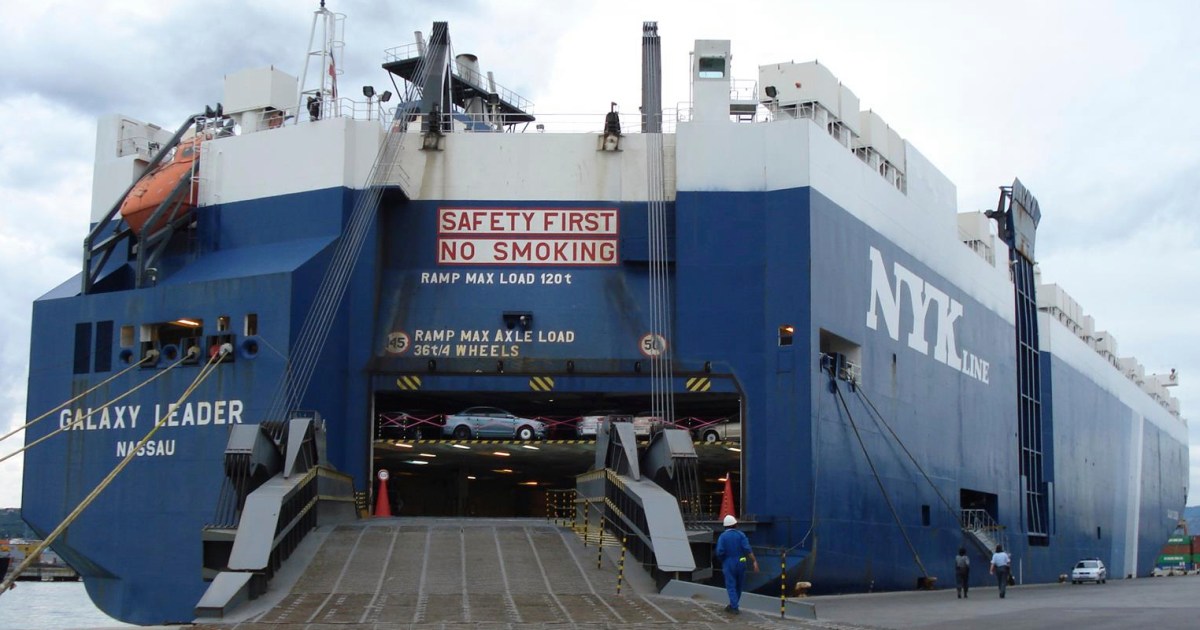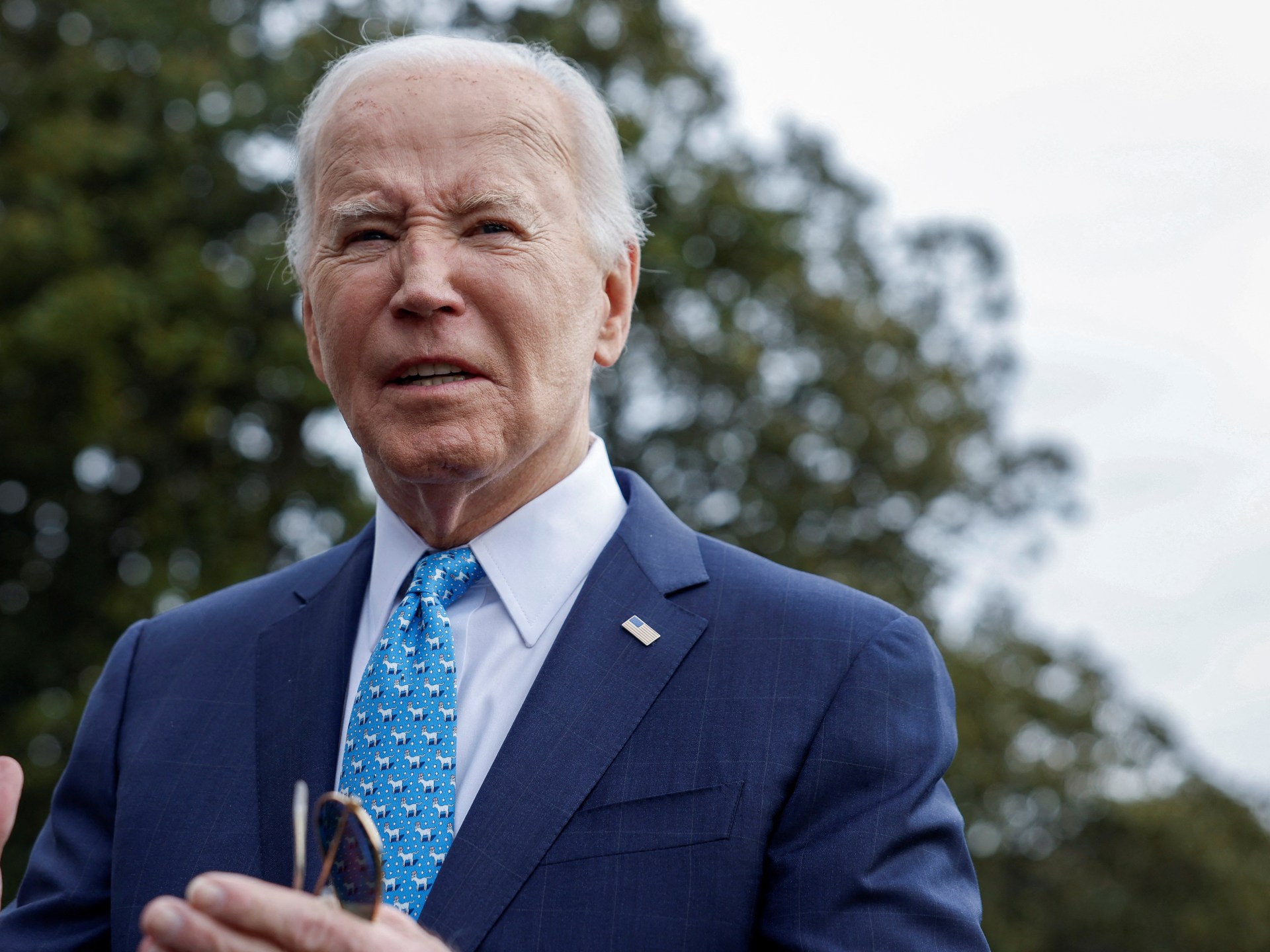
The deaths of three Kashmiri civilians after they were picked up by the Indian army following a deadly rebel attack in the disputed Himalayan region has sparked anger among the population and led to calls for an investigation into the alleged custodial killings.
According to the families, the three men – Mohammad Showkat, 22, Safeer Hussain, 45, and Shabir Ahmad, 32 – were arrested by the army on Friday morning from the hilly village of Topa Pir in Poonch district, a day after suspected militants ambushed military vehicles and killed four Indian army soldiers near the village.
The families said they were shocked when police called them on Friday to retrieve the bodies of their loved ones.
“His body had signs of torture. What kind of justice is this? He died due to excessive torture,” Noor Ahmad, brother of Safer Hussain, told Al Jazeera.
Ahmad says the army took his brother Safeer away in front of his wife and parents.
“The government has announced jobs and compensation for us. But we want justice, those who killed these innocent people should be punished. My brother has four children.
“I can’t put into words how much grief we feel, no money in the world can fill it. The government will give us everything, but our wounds will not heal,” he said on the phone.
“I served in the Indian Army for 32 years, this is what we get in return,” said Ahmad, who works with the Border Security Forces (BSF) in the northern state of Rajasthan, in a broken voice.
All three victims belong to a tribal community called Gujjar, who traditionally lead a pastoral life in the mountainous regions of Kashmir.
“Investigation is ongoing”
The Indian Army said on Saturday that an investigation into the incident was underway. No further information about the arrest or death was provided.
“There are reports of three civilian deaths in the area. The matter is being investigated. The Indian Army is committed to providing its full support and cooperation in conducting the investigation,” the Indian Army said in a statement on X, formerly known as Twitter.
The regional authority’s information and public relations department, which is run directly from New Delhi, said legal action had been taken in the matter. However, it was not specified what action was taken against whom. The results of the medical and legal formalities were also not published.
“Yesterday, the death of three civilians was reported in Bafliaz in Poonch district. The medico-legal formalities have been completed and legal action in the matter has been initiated by the concerned authority. The government has announced compensation for each of the deceased. “In addition, the government has also announced compassionate appointments for the next of kin of each deceased,” said X on Saturday.
The victims’ families have told Al Jazeera that the government’s offer of work and compensation points to the army’s possible role in the killing of the three Kashmiri men.
“If they had not died in army custody, the government would have announced no compensation and no jobs. They want to cover it up,” another relative of the deceased civilian said on condition of anonymity.
Since 2019, Kashmir has not had an elected local government as India The Muslim-majority region was stripped of its special status and divided the region into two centrally administered regions – Jammu and Kashmir and Ladakh.
Since then, hundreds of human rights activists, politicians and journalists have been arrested, many of them released after months in detention as Prime Minister Narendra Modi’s Hindu nationalist government curbed free speech, civil rights and media freedom.
Earlier this month, India’s Supreme Court confirmed the government’s decision Repeal Article 370 of the Indian Constitution, which granted limited autonomy to the region.
India has justified the tough measures by saying it is fighting an armed insurgency backed by its western neighbor Pakistan – a charge Islamabad, although Pakistan, has denied Back Kashmir’s struggle for self-determination. More than 60,000 people have been killed since the armed insurgency broke out in the late 1980s.
India and Pakistan claim Kashmir as a whole but only control parts of it. They have fought two of their three wars over the Himalayan region, where anti-India sentiment is high.
The southern districts of Poonch and Rajouri have seen a rise in rebel attacks this year. At least 34 soldiers were killed in suspected rebel attacks since 2021.
“Tortured in custody”
The villagers said eight civilians were detained by the army for questioning, three were dead and five were taken to a hospital in Rajouri where they were being treated for physical injuries.
“The government wants us to compromise, but we won’t compromise,” the teenage daughter of one of the injured civilians told Al Jazeera.
“They were given electric shocks and chili powder was inserted into their private parts, no questions asked,” she claimed.
A video has emerged on social media showing army personnel sprinkling chili powder on the private parts of civilians lying on the ground. They were identified by the villagers as the men arrested by the army. However, Al Jazeera could not independently confirm the veracity of the video.
Al Jazeera contacted concerned officials in Jammu, south Kashmir’s capital, for comment but did not receive a response by the time of publication.
For fear of spreading anger, the Authorities block internet services and imposed restrictions in the region.
But nearly 200 km (120 miles) north, Kashmir’s mainstream political parties and their workers staged protests demanding justice for the victims in the capital, Srinagar.
In 2020, the Indian Army extrajudicially killed three civilians from Rajouri. They were portrayed as rebels, but investigations revealed that the army was behind the murder.
The Indian army’s internal court admitted wrongdoing and sentenced an officer to life in prison over the killings. But last month the military court suspended the officer’s prison sentence, dashing hopes of justice for the families.
Widespread impunity
Indian forces enjoy widespread impunity in Indian-administered Kashmir under the controversial Armed Forces (Special Powers) Act (AFSPA), an “anti-terrorism” law.
Despite the registration of Lawsuits in several instances against the armyThe accused soldiers were rarely prosecuted.
The AFSPA protects Indian soldiers from human rights violations and requires the state government to seek sanction from the Federal Ministry of Defense for prosecution, which has not been granted in any previous case, according to the data.
International human rights groups have accused the Indian army of human rights violations in Kashmir and called for the repeal of the AFSPA, but the government justifies this as necessary to combat armed rebellions.
The tribal community has asked the government difficult questions.
“The tribal community has never been involved in anti-national activities. The government must clarify what happened to these men. Is there no law?” said Guftar Ahmad Choudhary, a tribal activist from Rajouri.
“We demand answers.”






Recent Comments